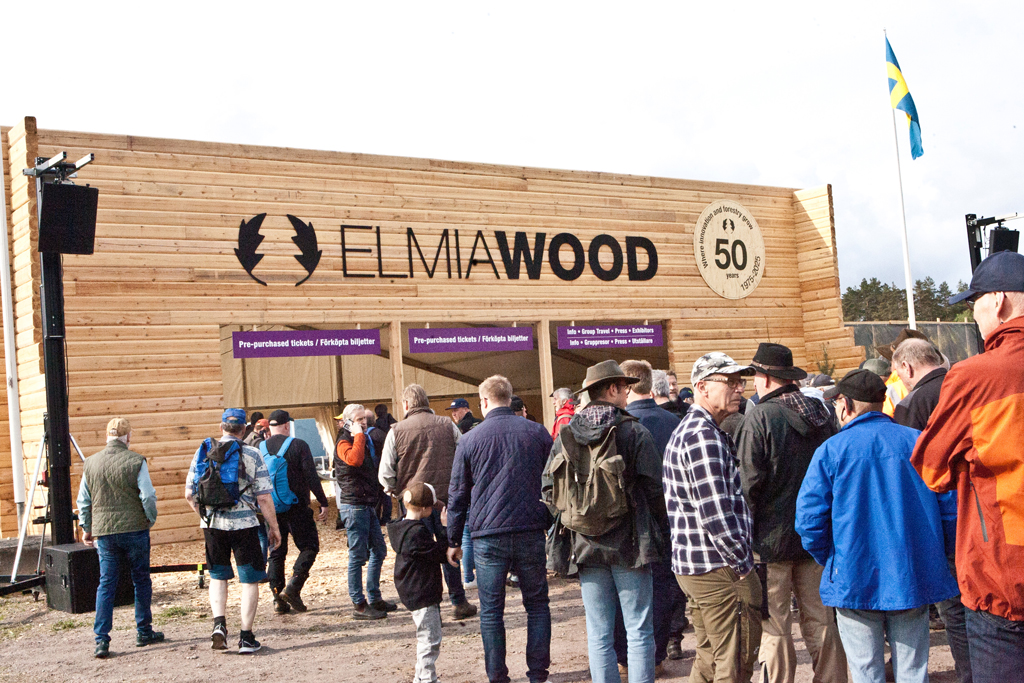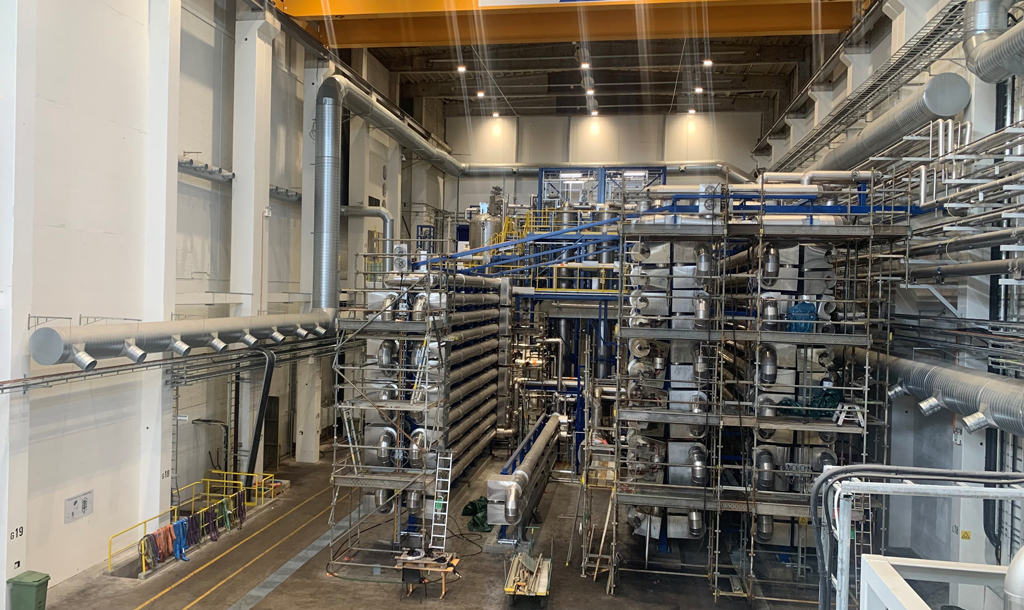Politisk har biodrivstoff vært lansert både som klimapolitisk tiltak, og som driver for skogsindustriell revitalisering etter «papirkrisen».
TEKST: ATLE MIDTTUN (PROFESSOR VED BI) OG KNUT MYRUM NÆSS (FORSKNINGSASSISTENT BI)
Sett fra et markedsperspektiv har den poli tiske promoteringen av biodrivstoff vært en suksess. I Norge solgte detaljistene i 2017 nesten dobbelt så mye biodrivstoff som «nødvendig» etter omsetningskravet. Sal get av biodrivstoff var nesten 700 millioner liter, 16 % av det totale salget sammenlignet med omsetningskravet på 8 %.
Sett fra et industriperspektiv har den samme politiske promoteringen skapt en dynamisk kommersiell utvikling hovedsa kelig i den nordiske petroleumssektoren. Biodrivstofftilbudet har økt takket være engasjement fra drivstoffdetaljister, som er i ferd med å gå fra bensinstasjoner til ener gistasjoner med et bredere tilbud, i stor grad som følge av økt klimafokus. Dette har sam menfalt med en oppbrytning i petroleumsverdikjedene, der drivstoffdetaljister nå skilles ut fra utvinningselskapene.




